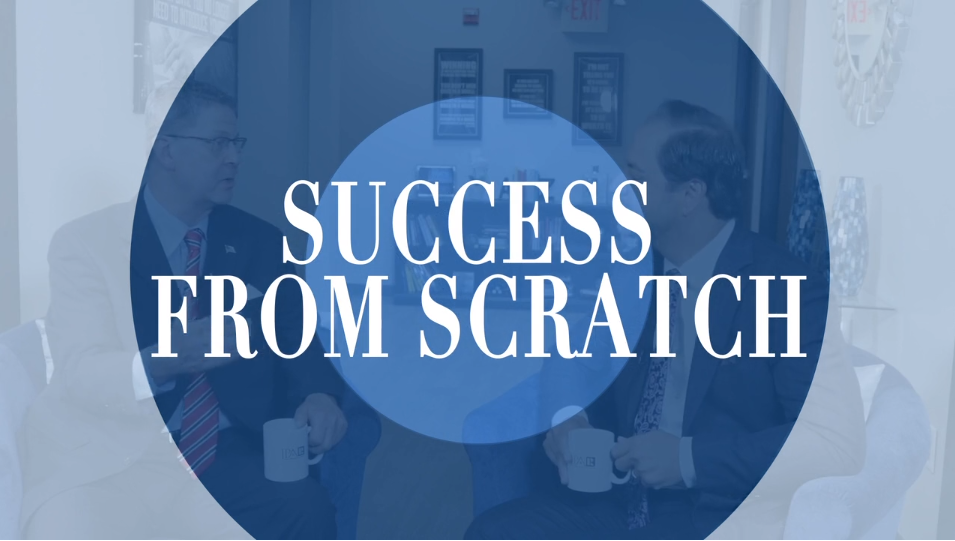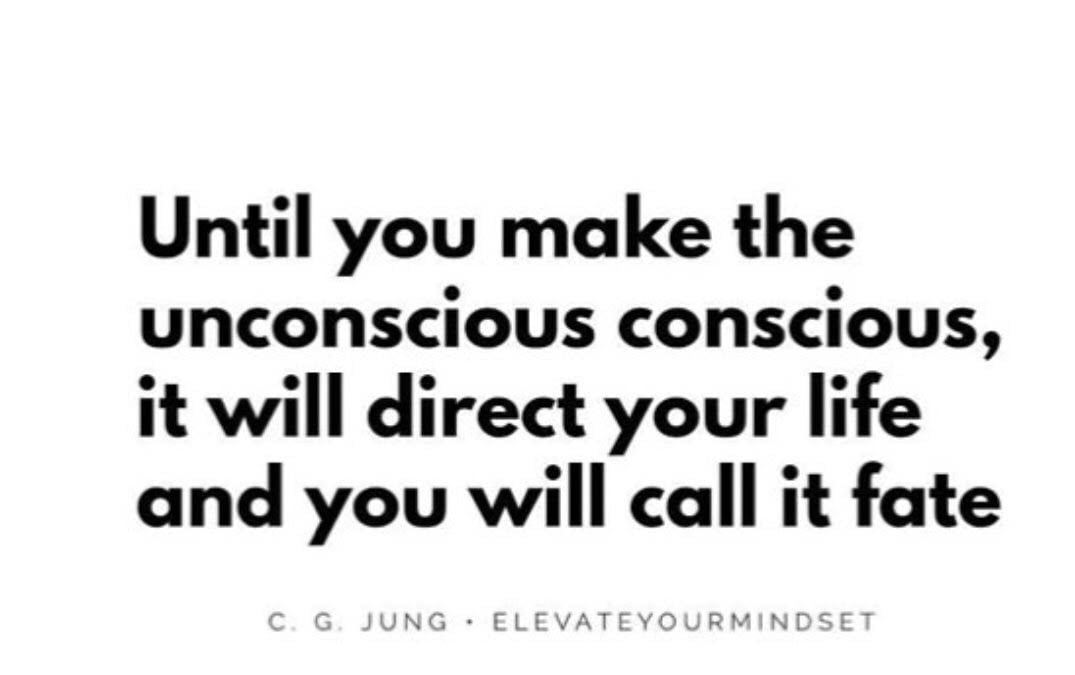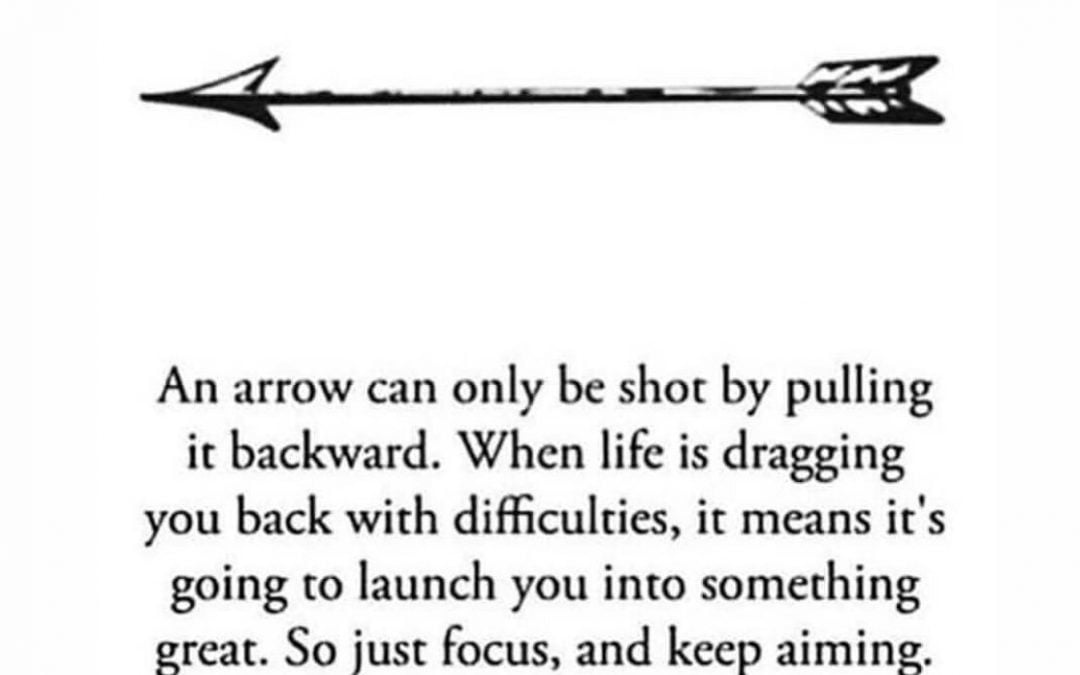
by Rick Davidson | Dec 26, 2018 | Best Practice, BluePrint Of Success, Goal Setting, JPAR, Mindset For Success, Real Estate, Success, Success From Scratch, Sucess Goals, Tips
Greg Cunningham, Dallas, TX is my special guest today on Success from Scratch. Greg shares how his life long dream of being a soldier – an Army Ranger – translates to being a high performing real estate professional. He shares how he had many tools to make the transition yet he was applying them in the wrong way. Through the help of a mentor, coach and friends he has learned to create and serve over 40 families with buying, selling or investing in real estate annually.
Greg also shares how he structures his time, delegates work flow and collaborates with his direct and extended team members. Learn more by watching NOW.
“I fanatically protect my time so I can focus on what I do best…lead generation.” ~ Greg Cunningham, JPAR Team Leader

by Rick Davidson | Dec 23, 2018 | Best Practice, Goal Setting, Mindset For Success, No Regrets, Success, Top Agent, Top Producer
As we close out the year, I was reminded of a previous blog post that is well worth posting again. As many of us are thinking about the New Year, resolutions and what’s possible. Here’s a quick question for you to consider:
“Do you prefer the pain of discipline OR the pain of regret?”
Research shows that we regret those things we have not done MORE than we do the things we have done. Can you relate?
What I’ve experienced personally and observed in others is, procrastination blocks us from creating to the fullest the business and life we want. You already know, the main reason we procrastinate is that taking action can cause us a certain amount of “pain, a certain amount of discomfort.”
Coaching clients have shared with me, “I’m avoiding undertaking certain tasks because of the risk of shame, vulnerability or failure. Taking action means we might be making a mistake or we might fail. Let’s face it, it’s easier to not take action and avoid the pain of looking less than perfect. Thus, many of us instinctively retreat to our comfort zone and miss creating our ideal business. Basically, in trying to protect ourselves from failure it’s easier to erect our own barriers to success. Can you relate? If you’ve ever been in this place – as I have – how do you get out?
Psychologist call this a strategy of self-sabotaging. Research shows, that by creating impediments that make success less likely, we protect our sense of self-competence. And believe it or not, we as humans tend to do this more when the stakes are the highest.

So how do we procrastinate less and take action more? Practice… practice taking action faster and more often. Get an accountability partner and join a mastermind group. By taking more small steps that lead to bigger steps you’ll build the “take action muscle.” By creating an accountability partner and mastermind group you’ll have others who can help you discern what is an excuse and what’s not.
Consider these 5 action steps:
1. Remember a goal is NOT a system. A system will produce what a system will produce nothing less nothing more. Example, losing 10 pounds by September 1st is a GOAL. Learning how to change your eating habits is a SYSTEM. See the difference?
2. Make your goal tangible and specific. “Grow my business” sounds great but is also meaningless.”Land five new clients a month” allows you to determine exactly what you need to do to land those clients. Always set a goal that allows you to work backward and create a process designed to achieve it. It’s impossible to know exactly what to do every day when you don’t know exactly what you want to achieve.
3. Make it matter to you! If you want to get in better shape so other people will think you look better at the pool this summer, you’re unlikely to follow through. Ultimately, who cares what other people think?
Yet, if you want to get in better shape because you want to feel better, and feel better about yourself, or to set an example for your kids, or to prove something to yourself…then you’re much more likely to stick with it. Now your goal has meaning–not to your doctor, not to strangers at the pool, but to you.
4. Make it positive. “Stop criticizing other people in meetings” is a great goal, but it’s a negative goal. It’s a lot harder to give up or stop doing something than it is to embrace a new and positive challenge. Example, setting a goal like”stop eating sweets” means you constantly have to choose to avoid temptation and since willpower is often a finite resource, why put yourself in a position of constantly needing to choose?
When you pick positive goals, you’ll be working to become something new rather than avoid being something you no longer wish to be.
5. Focus on the process, the DAILY process. All incredibly successful people I’ve worked with have one thing in common… they set a goal and then focus all their attention on the process necessary to achieve that goal. Sure, the goal is still out there. But what they care about most is what they need to do today–and when they accomplish that, they feel happy about today.
So, I’ll ask again, do you prefer the pain of discipline OR the pain of regret? The choice is yours.
Do you have a question, theme or topic you’d like to see in a future blog? Let me know, until then #WinTheDay and remember what Abraham Lincoln said: “Folks are usually about as happy as they make their minds up to be.”

by Rick Davidson | Dec 19, 2018 | Best Practice, Goal Setting, JPAR, Mindset For Success, Productivity, Real Estate, Success, Success From Scratch, Sucess Goals, Tips, Top Agent, Top Producer
Today, Julez Ann Wales is our guest on Success from Scratch! Julez success isn’t just about business. It’s about family.
It’s also about beating the odds in real estate just like her daughter beat the odds when she almost died in the hospital from an infection.
Watch today’s episode and learn more about making success from scratch!
“Never give up, everyone can be a homeowner.” – Julez Ann Wales, JP and Associates REALTORS®

by Rick Davidson | Dec 12, 2018 | Appointment Setting, Buyer Tips, Goal Setting, Habits, JPAR, Productivity, Real Estate, Success, Success From Scratch, Sucess Goals, Tips, Top Agent, Top Producer
This week Amy Minor from Austin, TX is my guest on Success From Scratch.
Minor just came back from France and is a self proclaimed Mindset, Personal Growth and Development junky. She grew up in Germany and was big into the theater before getting into Real Estate three years ago.
Watch today’s episode and learn more about making Success come from Scratch!
“I found women that were successful, or business owners, or CEOs and I was like, ‘well they’re going to have friends that are like them,’ so I was reaching out to friends of friends essentially and one of them was a real estate agent […] at the end she was like, oh you have to go into real estate, you would be amazing! […] I truly started from scratch.” – Amy Minor, JP and Associates REALTORS®

by Rick Davidson | Dec 10, 2018 | Coaching, Don't Settle, Dreams, Goal Setting, Goals for 2019, Habits, JPAR, Real Estate, Service, Sucess Goals
I spent some time this week in our Austin, Texas market where one of our REALTOR® team leaders is also a “coxswain” and a rowing coach. He was telling me a story about a new rower, who was placed on a boat with 8 others… he noticed she appeared to be working very hard and sweating profusely, yet her technique was so off it wasn’t helping the team.
Can you relate to a time where you’ve been working hard and not getting the result you intended?
A rowing team – and your business – needs more than just quality, skilled resources. You also need all your resources in the right seats, doing the right things.
Here’s the thing I learned about rowing: in an eight-person boat, each rower has one oar—four on port and four on starboard. If one side pulls harder that the other side, the boat turns. If one side’s oars are raised higher than the other side, the boat tips. In order to find the set and create swing, everyone must work together to balance the boat and have exact timing. Your hands must be at exactly the right height as you slide up to the catch. Every oar has to drop into the water at the exact same time. Everyone needs to pull at equal pressure. All the blades need to come out of the water and release in unison. Any deviation disrupts the boat.
So, what can we learn?
First, have a clear direction, but an easy hand on the steering
The “coxswain” job is to keep the boat on course and steer the straightest line possible. Steering too much means zig-zagging over the course and rowing far more than 2,000 meters, which adds to time. The trick is to keep the end in sight and steer to a center point far down course, not trying to keep coming back to the center every stroke. To do this, the coxswain calls out increased pressure for a few strokes on one side of the boat or the other to correct the course rather than use the rudder, which slows down the boat.
Learning: High-performance teams always keep the end in sight and know the ultimate objectives of their work. Without a clear picture of the goal, teams thrash with process and fail to achieve proper alignment in their activities. Going in the wrong direction as fast as you can doesn’t get you any closer to the finish.
Second, it’s not how hard you work, it’s how hard you work together
It turns out that pulling as hard as you can, without pulling together, actually slows the boat down. Imbalanced power will veer the boat one direction and throw off the timing of the catch and the release. Uncontrolled straining at the oar can tip your weight left or right and toss the boat side to side. A successful team pulls in perfect balance and with perfect timing.
Learning: Successful teams know that performance is a function of collaboration and coordination, not a sum of individual effort. Knowing how your contribution is affecting the final outcome and staying highly aware of what others are doing while staying in sync is critical to delivering results. Reacting quickly, deliberately and in a coordinated fashion allows teams to adapt to changes, handle new information, and stay on target.
Make it a powerful week and looking forward to hearing your success stories.
PS: Are you looking for a playbook that is guaranteed to help up your personal mastery, business mastery or marketing mastery? If so reach out to us at [email protected]
Need a one on one coach? See if coaching is right for you, schedule a complimentary consult at www.jparcoaching.net

by Rick Davidson | Dec 3, 2018 | Dreams, Goal Setting, Goals for 2019, Habits, New Year, New Year's Resolution, New You
A few weeks from now, you might be asked, “So, how are those New Year’s resolutions working out for you? The dream is that our goals and resolutions lead us to a higher ground, to new horizons. They can give our eyes a focus, our mind an aim, and our strength a purpose. Without the positive pull forward of a goal, we could risk remaining forever stagnant, or even worse sucked into a backward spiral.
So why is it so hard to keep and reach some resolutions, some goals?
We have all felt the excitement that comes with setting a new goal, but then, as time progresses, excitement can morph into anxiety. This is because we are facing the reality that we are so far from our goal and have no framework or strategy of how to get there.
So how do you overcome life’s hurdles and personal mental roadblocks to reach your BIG goals?
Well, first, a blinding flash of the obvious: When you set goals for yourself, it is important that they motivate you: this means making sure that they are important to you, and that there is value in achieving them. Motivation is key to achieving goals. Set goals that relate to the high priorities in your life. If the goal is truly not important to you and you can’t tie it back to why it’s meaningful, your chances of success diminish. Yet wait, there’s more:
The reality is, there’s a SCIENCE to goal setting
In over 650 studies completed with over 50,000 participants, scientists analyzed what worked best when goal setting. Overall, individuals who focused on Process Goals had more success in reaching their goals than those who simply set Performance or Outcome Goals.
So, what is the difference between an outcome goal, a performance goal, and a process goal?
An outcome goal is one that isn’t really under your control. Instead, it’s based on outside circumstances. For example, if your goal is to the #1 selling agent in your market, that’s a goal that’s not only based on your numbers but also the numbers from other agents in your market too.
Performance goals are personal achievement goals. They are the building blocks that help you reach your outcome goal. A good performance goal example is to “beat my personal record of 21 homes sold in a year.
Process goals are completely under your control and are composed of the things you do on a daily basis like habits and routines. Think of these as the small steps you take to get to your performance and outcome goals every single day. An example of a process goal would be to “spend 60 minutes prospecting daily” or “40 minutes of cardio work.”
So, there you have it, the science behind more effective goal setting. Create a goal that is important to you and one you can be reminded frequently as to why you are pursuing it. Then, break those outcome goals down to the daily activities, the daily processes. Now your likelihood of achievement is dramatically improved.
Interested in coaching? See if it’s right for you: www.jparcoaching.com
#WinTheDay







